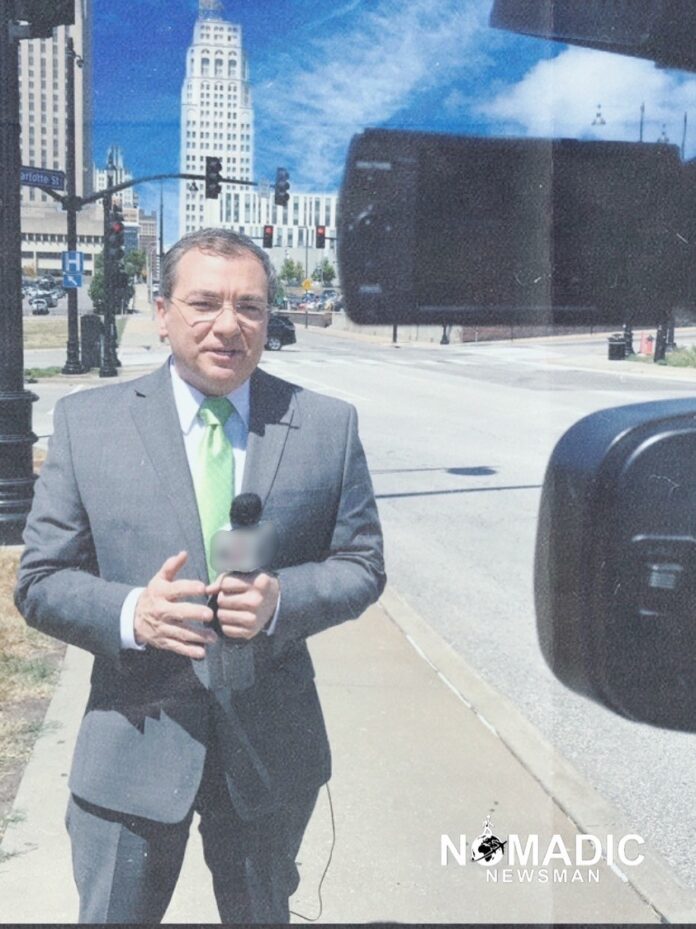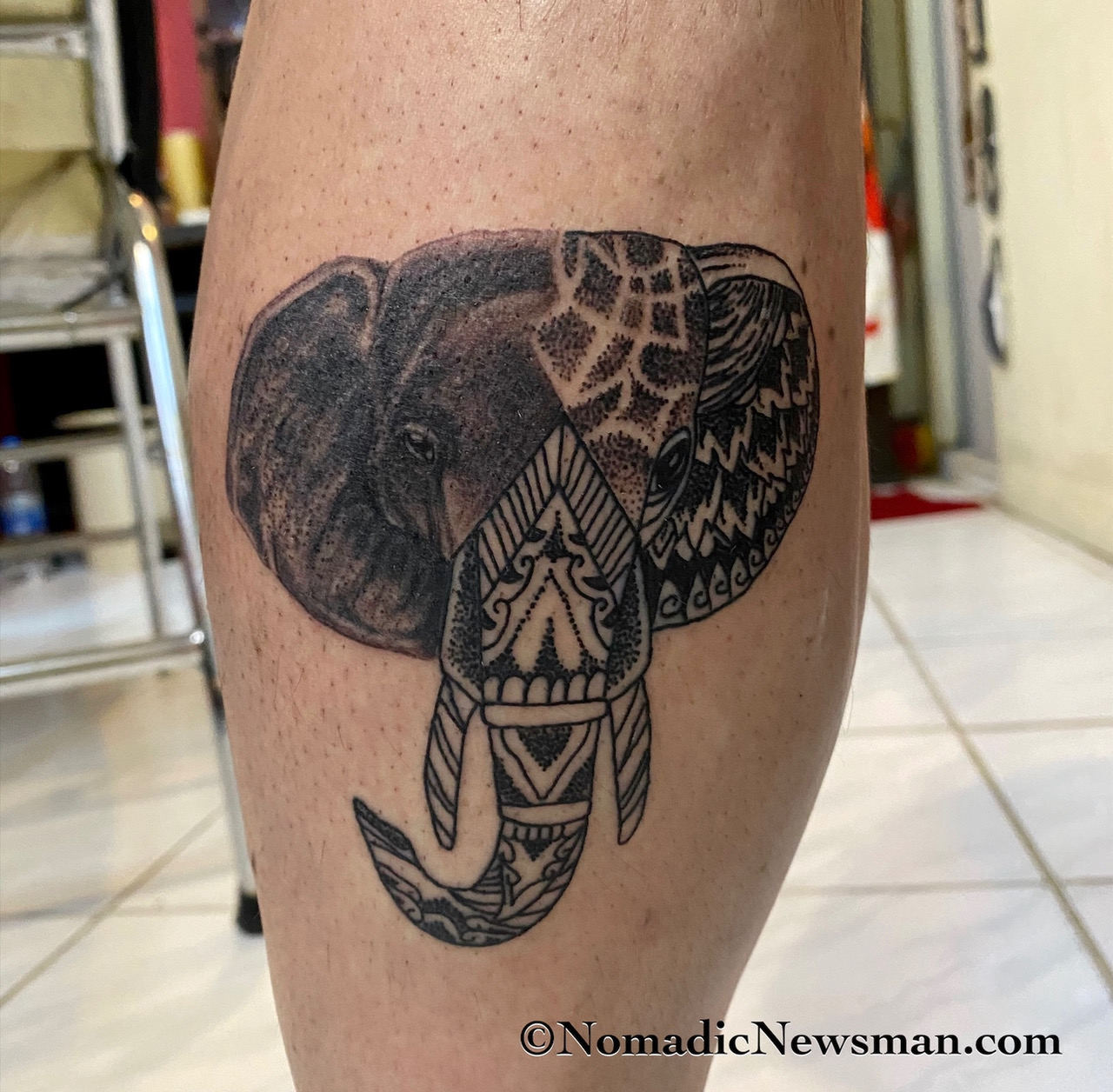There is no such thing as “fake news.” There’s real journalism, which is the only news. There’s satire and parody; think The Onion or SNL. Then, there’s propaganda. Full stop!
A quote that has erroneously been attributed to Vladimir Lenin and Joseph Goebbels, rings so true today: “If a lie is only printed often enough, it becomes a quasi-truth, and if such a truth is repeated often enough, it becomes an article of belief, a dogma, and men will die for it.” Some sources have found the thought originates from the 1869 book, The Crown of a Life by Isa Blagden.
There is too much confusion between journalism and the all-encompassing term of “the media.” Journalism is a specific type of media that involves the gathering, verifying and disseminating of news, facts and information to the public. It is obviously based on a set of ethical principles that prioritize accuracy, fairness, and independence.
Conversely, “the media” refers to a broader range of entities, including entertainment media, social media, propaganda, advertising and other forms of communication that are not necessarily focused on journalistic principles or practices.
In recent years, the term “fake news” has been used to discredit legitimate journalism and to sow confusion and mistrust among the public. This has made it more difficult for consumers to distinguish between reliable and unreliable sources of information and has highlighted the importance of media literacy and critical thinking skills.
It is crucial for media organizations, including cable “news” networks, to be transparent about their editorial policies and for journalism organizations to adhere to ethical principles of journalism. At the same time, consumers have a responsibility to seek out multiple sources of information, to evaluate the credibility of those sources, and engage in critical thinking when consuming news and information.
By working together to promote media literacy and to uphold the principles of journalism, we can help to ensure that the public has access to accurate and trustworthy information, and that the role of journalism in our democracy is respected and valued.
In today’s interconnected world, the rapid spread of false information through social media and other online platforms can have devastating effects on individuals, communities, and even entire societies.
Misinformation leads to confusion, mistrust, and even violence. It can influence public opinion and decision-making, affecting everything from elections to public health. In extreme cases, it is used as a tool of propaganda by governments or other entities seeking to manipulate and control populations.
To combat the spread of misinformation, it is essential for people to critically evaluate the sources of information they encounter and seek out reliable, trustworthy sources.
It is also important for social media platforms and other online forums to take responsibility for monitoring and removing false information while preserving the principles of free speech and open communication. There are ways of cooperating to help ensure that truth prevails over falsehood and that our shared beliefs are based on accurate information and a commitment to the common good.
The rise of the “fake news” narrative has made journalism more challenging and even dangerous. Journalists are essential to democracy, and they should be able to do their jobs without fear of violence or harassment.
However, in recent years, journalists have faced increasing hostility from some people and groups who have been misled by false information and conspiracy theories. This has led to verbal attacks, threats, and even physical assaults against journalists who are simply doing their jobs.
It is essential for media organizations, governments, and society as a whole to take a stand against this type of behavior and to support and protect journalists. This can be done by promoting media literacy and critical thinking skills, holding those who spread false information accountable, and providing journalists with the necessary resources and support to report on important issues safely and effectively.
It is true that the rise of social media and the increasing number of politically slanted outlets presenting themselves as news sources have created confusion about what constitutes legitimate journalism. However, the role of professional journalists remains as crucial as ever, especially in an era where disinformation and propaganda are ubiquitous.
Professional journalists are trained to gather and verify information, to provide context and analysis, and to hold those in power accountable. “Hosts” and social media do not adhere to the same standards.
In a dangerous trend, some politicians and newsmakers prefer to speak to “friendly” outlets and personalities who may not ask the tough questions. It is important for journalists to maintain their integrity and continue to ask substantive questions and follow-ups. By doing so, they can help to expose falsehoods, clarify issues, and hold those in power to account.
Ultimately, the role of professional journalists is to serve as a watchdog for the public, providing accurate and unbiased information that enables citizens to make informed decisions about the issues that affect their lives.
This role is more important than ever in a world where disinformation and propaganda are becoming increasingly prevalent. It’s worsened by a media landscape that caters to what people want to hear versus what they need to know.











